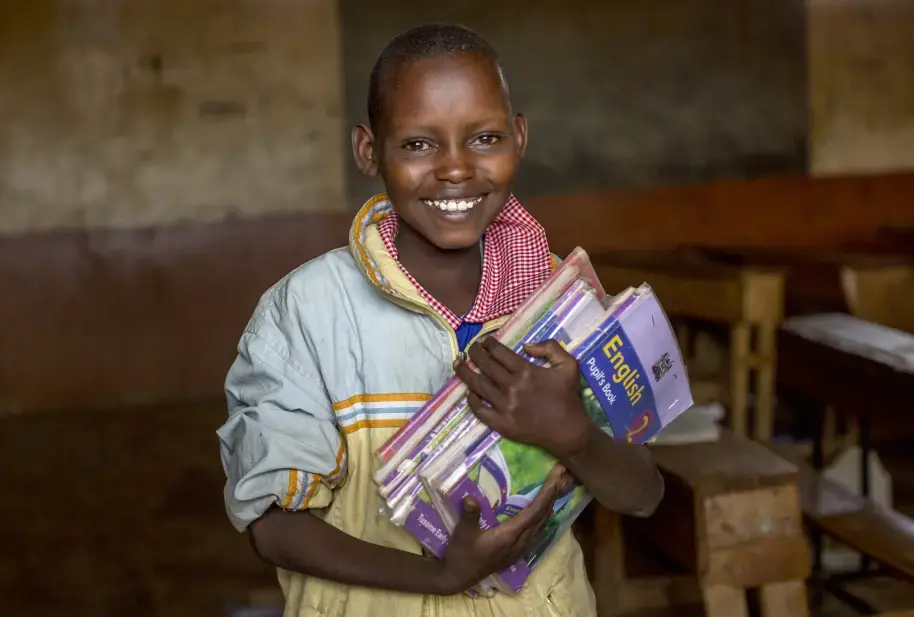COTLA, the Council of Traditional Leaders of Africa,
in association with UN Women and UNFPA
The Role of Traditional Leaders in Advancing Sexual and Reproductive Health and Rights
JOHANNESBURG, South Africa—Child marriage and female genital mutilation (FGM) are harmful cultural practices that are perpetuated and entrenched by customary traditions. Addressing such negative practices is a key priority for achieving the Sustainable Development Goals by 2030.
As traditional leaders in Africa play a critical role in shifting negative social norms that drive harmful practices, towards the promotion of positive norms and alternative practices, the Council of Traditional Leaders of Africa (COTLA), UN Women and UNFPA East and Southern Africa organized a virtual dialogue on the Role of Traditional Leaders in Advancing Sexual and Reproductive Health and Rights, on 24 November.
On the eve of the 16 Days of Activism to End Gender-Based Violence, themed “Orange the World, Fund, Respond, Prevent, Collect!”, this dialogue was an opportunity to strategize on how to collectively activate the United Nations Secretary-General’s engagement strategy on gender-based violence (GBV), which recognises the critical importance of mobilizing traditional and faith-based organizations to halt violence and address impunity.
The line-up included an opening address by Dr. Natalia Kanem, UNFPA Executive Director, statements by traditional leaders, and closing remarks by UN Women Executive Director, Phumzile Mlambo-Ngcuka. Cultural activist and poet, Napo Masheane, enriched the dialogue with her spoken word performances.
Traditional leaders shared their innovative strategies on the continent, in partnership with UNFPA East and Southern Africa, in advancing sexual and reproductive health and rights through advocacy at community and national levels. These include implementing alternative rites of passages that respect women and girls’ rights; issuing decrees and signing declarations to ban child marriage in their chiefdoms; supporting public declarations of FGM abandonment; and facilitating women and girls’ access to GBV services, being health services, psycho-social support, and access to the justice system, including the police.
“In community after community we see the role traditional leaders play in transforming the life stories of women and girls,” said Dr. Kanem. As the custodians of culture, traditional leaders can help reinforce or change socio-cultural norms, values and behaviours.
Rouzeh Eghtessadi, Executive Director of SafAIDS, spoke about the need for a collaborative approach with communities to fulfil the promises of the ground-breaking International Conference on Population and Development (ICPD) agenda on ensuring access to sexual and reproductive health and rights, and in ending GBV and harmful practices.
Chief Madzimawe, from Zambia, said: "As traditional leaders, we have begun to inform culture transformation to change cultural norms that have no meaning in modern society. We must also involve the youth and equip them with information that will shape the future they desire."
As instances of violence against women and girls, including FGM, continue to rise during the COVID-19 pandemic, and with just 10 years left to eradicate GBV by 2030 in accordance with the ICPD Programme of Action and the Sustainable Development Goals, we at UNFPA East and Southern Africa call for awareness-raising and action not just in these 16 days, but 365 days a year. Traditional leaders are key allies in our march to bring forth real community-led and sustained change.
Our march to end all forms of GBV in Africa continues. In marching together and collaborating with traditional leaders, we will galvanize change.
About us
UNFPA, the United Nations sexual and reproductive health agency, delivers a world where every pregnancy is wanted, every childbirth is safe and every young person’s potential is fulfilled.
For more information or media inquiries, please contact:
Daisy Leoncio, UNFPA Regional Communications Adviser for East and Southern Africa: Tel +1 347 4919154; leoncio@unfpa.org



